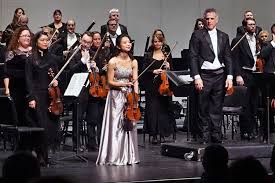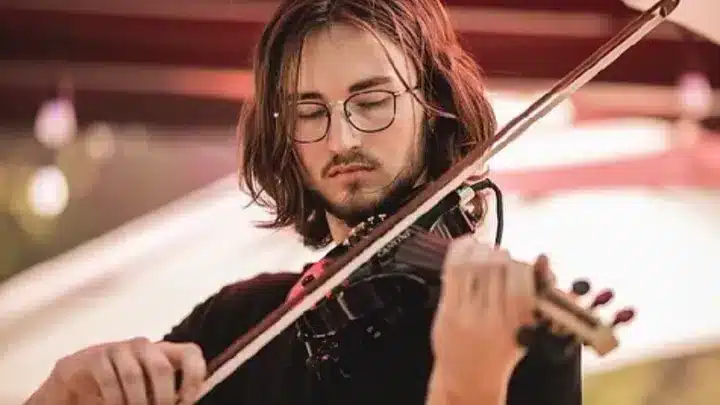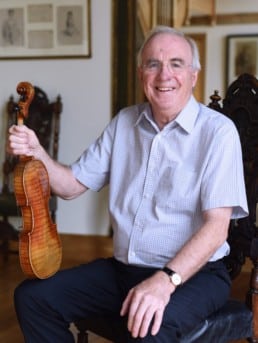Did Suzuki fake his education?
mainA challenging piece of research by the violinist Mark O’Connor blows canyon-sized holes in the autobiography of Shinichi Suzuki, founder of the ubiquitous teaching method.
Mark refutes Suzuki’s claims to have been mentored by Albert Einstein and approved by Pau Casals. Most damning yet, he produces a document which shows the Japanese was rejected as a student in Karl Klingler’s class in the Berlin Hochschule. Klingler was a member of the venerable Joachim Quartet. Suzuki always styled himself Klingler’s pupil.
The evidence now shows otherwise. Read it here.

So the questions are: who taught Suzuki to play? And who approved his method?





Comments